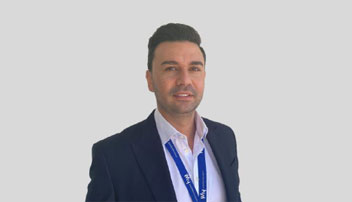Our Senior Psychologist (Ben Fulham) and Senior Behaviour Specialist (Chadi Wahab) have a minimum of 18 years in professional practice, and training as a clinical supervisor. Although most professionals have substantial skills in their profession, clinical supervision is a unique practice that requires its own core skills, knowledge and attitudes. The benefits to be gained through supervision include increased confidence in your practice, development of professional skills, and improvement in client outcomes.
What should I look for in a clinical supervisor?
Your supervisor should be somebody with whom you feel comfortable to reflect openly with about your professional practice. A good supervisor will be appropriately trained, receiving clinical supervision themselves, and be available and accessible to you on a regular basis.
What can I expect from clinical supervision at My Disability Practitioners?
Our clinical supervisors provide a supportive, educational, and therapeutic focus for you to explore and enhance your knowledge and skills as a therapist and improve the way you work with your clients. Our clinical supervisors are there to discuss cases, provide objective feedback, and offer guidance based on your personal and professional needs. Our approach is to grow opportunities for you to learn and practice skills and maximise your ability and feelings of competence at work.
How often should I have clinical supervision?
The purpose of clinical supervision is primarily to benefit your clients, as well as your own professional development. Good practice recommends that you have regular clinical supervision. Regular frequency means at least an hour a month, depending on the nature of your work. If your organisation is unable to fund regular monthly clinical supervision, regulatory requirements may require you to pay privately for this to ensure that your practice is of an ethical standard.
What are some common needs amongst supervisees?
Common discussion areas during supervision are:
- Difficult or challenging cases
- Strategies, techniques and models of practice
- Practice standards
- Preventative measures (Self-care)
- Debriefing
- Emotional support / sounding board
- Maintaining Boundaries
- Recognising unhelpful patterns
How do I find out more
You can get in touch with My Disability Practitioners by emailing us at [email protected] or contact us.

 tel: 1300 32 14 14
tel: 1300 32 14 14



